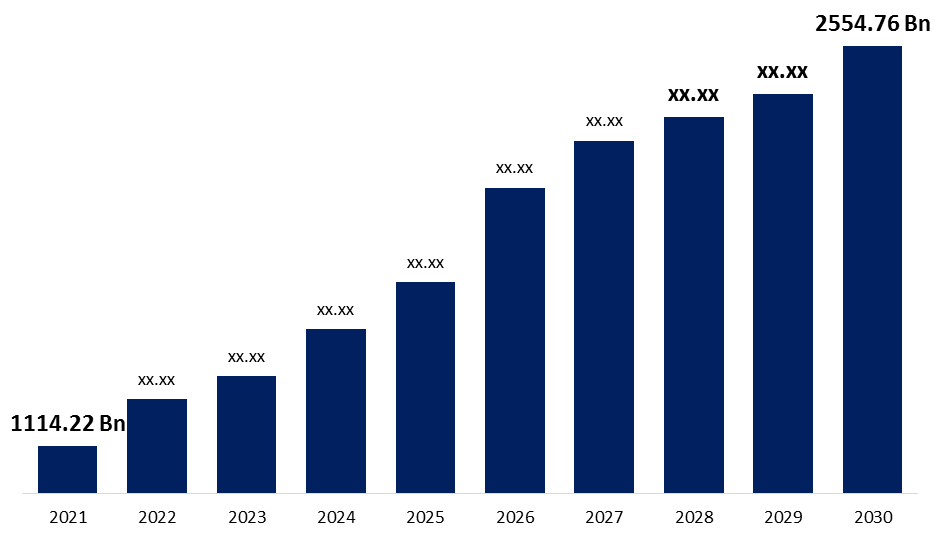Introduction
In today’s digital era, technology plays a pivotal role in shaping and transforming businesses across industries. From streamlining operations to enhancing customer experiences, technology has become an indispensable tool for driving growth and staying competitive. In this article, we will explore seven key ways in which technology improves businesses. From boosting productivity and efficiency to enabling data-driven decision-making, these advancements empower organizations to thrive in a fast-paced and interconnected world. Embracing technology not only opens doors to new opportunities but also allows businesses to adapt and evolve to meet the ever-changing demands of the market.
- Enhanced Communication and Collaboration: Technology has revolutionized communication within businesses, enabling instant and seamless collaboration across teams and locations. With tools like video conferencing, instant messaging, and project management software, teams can connect and collaborate in real-time, breaking down geographical barriers and fostering efficient teamwork. Improved communication ensures timely information sharing, faster decision-making, and smoother workflow, leading to increased productivity and reduced delays.
- Streamlined Operations and Automation: Technology automates manual and repetitive tasks, streamlining operations and freeing up valuable resources. From inventory management systems to customer relationship management (CRM) software, businesses can automate processes, eliminating human errors and improving accuracy. Automation not only saves time but also reduces costs, increases efficiency, and allows employees to focus on higher-value tasks that require critical thinking and creativity.
- Data-Driven Decision Making: Technology enables businesses to collect, analyze, and interpret vast amounts of data, providing valuable insights for informed decision-making. Advanced analytics tools and business intelligence platforms help businesses identify trends, patterns, and customer preferences, empowering them to make data-driven decisions. This data-driven approach enhances strategic planning, improves operational efficiency, and enables businesses to stay ahead of the competition.
- Improved Customer Experience: Technology has transformed the way businesses interact with customers, offering personalized experiences and superior service. Customer relationship management (CRM) systems enable businesses to store customer data, track interactions, and tailor their offerings to individual preferences. Technology also facilitates online transactions, convenient self-service options, and round-the-clock customer support. These advancements enhance customer satisfaction, build loyalty, and foster long-term relationships with clients.
- Expanded Market Reach: Technology has opened up new avenues for businesses to reach global markets and expand their customer base. Through e-commerce platforms, businesses can showcase their products or services to a wider audience, breaking the limitations of physical locations. Social media and digital marketing strategies allow businesses to target specific demographics, engage with potential customers, and build brand awareness. Online advertising and search engine optimization (SEO) techniques further boost visibility and drive traffic to businesses’ websites.
- Increased Efficiency and Productivity: By embracing technology, businesses can automate processes, minimize manual errors, and increase overall efficiency and productivity. From project management tools that streamline workflows to cloud-based storage that facilitates easy access to files, technology enables employees to work smarter and faster. Collaboration platforms and virtual workspaces enable remote work, providing flexibility and improving work-life balance. Automation reduces the time and effort required for repetitive tasks, allowing employees to focus on innovation and strategic initiatives.
- Enhanced Security and Data Protection: With the rise of technology, businesses face the challenge of safeguarding sensitive information and protecting against cyber threats. However, technology also offers robust security measures, such as encryption, firewalls, and multi-factor authentication, to mitigate risks and ensure data protection. Advanced cybersecurity solutions help businesses detect and respond to potential threats, safeguarding their valuable assets and customer data.
In today’s dynamic and competitive business landscape, embracing technology is no longer an option but a necessity. The seven ways in which technology improves businesses discussed in this article highlight its transformative power. From enhancing communication and collaboration to streamlining operations, enabling data-driven decision-making, and improving customer experiences, technology empowers organizations to thrive and stay ahead of the curve. Embracing technology not only increases efficiency and productivity but also expands market reach, enhances security, and fosters innovation. As businesses continue to evolve, harnessing the power of technology will be crucial for their growth, success, and ability to adapt to the ever-changing demands of the digital age.









